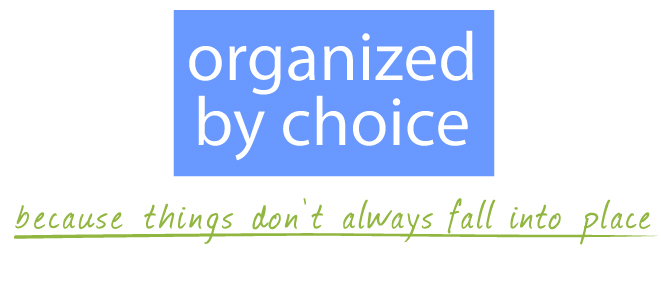When my twin granddaughters began buckling themselves into their car seats, I had flashbacks of my kids at that age. One twin found a cracker left-over from another car ride and decided that before buckling would be a fun time for a snack. The other got half-way into her seat and began a conversation about where we were going. No buckling going on there. Being grandma I have a little more patience, but sometimes I’d rather say, “Just do it!”
“Just do it” doesn’t compute to a two-year-old. Actually, it doesn’t work so well for us either. Many people struggle with not getting things done in a timely manner, or at all. Unfortunately, society isn’t so forgiving when you’re a grown-up.
We wouldn’t say a two-year-old procrastinates, because we tend to associate procrastination with a conscious decision to put something off. However, procrastination isn’t a conscious decision for many adults, either. We may experience stress, guilt, and shame, but not identify or link it to procrastination. Here are some Challenges & Choices to bring it to our consciousness and alter our course. The result? Peace and productivity.
timely tips to combat procrastination
Photo by Jess Bailey Designs from Pexels
Challenge #1 - Menial Productivity
We fill our days with tasks that come easy and avoid those we don’t like to do. Since we’re being productive, we don’t consider that we’re procrastinating until the shoe drops and the consequences hit. Maybe it was putting off the home maintenance calls. Now it’s raining and the roof is leaking.
Choice #1 – Meaningful Productivity
Make a list of tasks you’ve been avoiding. Schedule one per day to lessen the overwhelm. Make it the first thing you do in the morning to reduce the dread. Then, you can relax and enjoy the tasks you like to do.
Photo by Torsten Dettlaff from Pexels
Challenge #2 – Distractibility
With our phones ringing and texts dinging it’s not surprising we get side-tracked from the tasks that need our attention. One look at our email or Facebook, and we can lose focus for hours. We’re not deliberately avoiding, but subconsciously succumbing to a world of distractions.
Choice #2 – Disconnect
Intentionally create a place conducive to focus. Turn off notifications and let those in your office or household know you’re unavailable for a designated time. Set a timer and choose to stay on task until the timer rings. Break for 15-30 minutes. Check email, Facebook, etc. and then reset a timer for focus. Breaks are important but must have boundaries.
Photo by Andrea Piacquadio from Pexels
Challenge #3 – Fear
Without some self-analysis most of us wouldn’t say we procrastinate out of fear. Past failures can trigger fear. Connected to that is the fear of what people might think or say. Sometimes it’s fear of the outcome of completion. Putting off taking a medical test, or even something positive like completing a Masters can arouse fear because of changes to come.
Choice #3 – Foresight
Compare the benefits and consequences of completion and incompletion. Realize that in the end procrastination limits your choices.
Photo by Markus Winkler from Pexels
Challenge #4 – Perfectionism
Many are stopped in their tracks due to perfectionism. It’s often hard to identify because things are so chaotic that it seems contrary. If the task can’t be performed perfectly, it’s not done at all. Or, the task never ends because the level of perfection is never attained.
Choice #4 – Plug it
Parkinson’s Law says that “Work expands to fill the time available for its completion.” If you don’t have an external deadline, create one. Decide ahead of time that done is better than perfect. Break down the project into pieces, schedule time to work on it, and choose to stop when the deadline hits.
Comical Words
I was having trouble focusing on my work so I googled how to stop procrastinating. After three hours of “research” I realized what was happening. — Greta Sukyte





